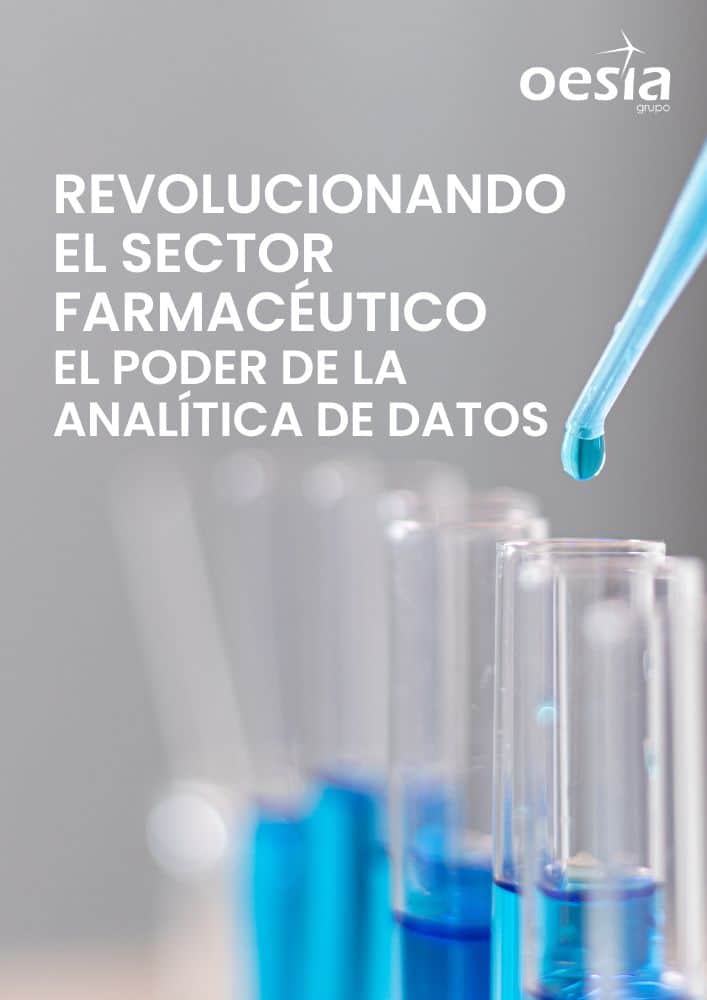
The pharmaceutical industry is constantly evolving, driven by the search for more effective treatments, the improvement of patients’ quality of life and the need to optimize research and development processes. In this context, data analytics has emerged as a fundamental tool for the sector, enabling pharmaceutical companies to obtain valuable information and make more informed decisions. In this article, we will explore in depth the importance of data analytics in the pharmaceutical sector and how it is transforming the way drugs are developed and marketed.
What is data analytics in the pharmaceutical sector?
Data analytics in the pharmaceutical sector refers to the use of advanced techniques and tools to collect, process and analyze large volumes of data related to research, development, clinical trials, treatment effectiveness and pharmaceutical market data. These data can come from a variety of sources, including clinical studies, electronic medical records, preclinical trial data, and sales and prescription data. The main objective of data analytics in this sector is to obtain actionable information that helps pharmaceutical companies make strategic decisions and improve the efficiency and effectiveness of their operations.
Data analytics applications in the pharmaceutical industry
Data analytics has a wide range of applications in the pharmaceutical sector. Below, we review some key areas where data analytics is having a significant impact:
Optimization of drug research and development
- Analysis of genomic and proteomic data to identify potential therapeutic targets and design more effective and personalized drugs.
- Use of clinical data to identify subgroups of patients who may respond differently to a specific treatment.
- Prediction of drug efficacy and safety in different patient groups, accelerating clinical trials and reducing associated costs.
Pharmacovigilance and patient safety
- Safety data analysis to detect patterns and safety signals regarding adverse drug effects.
- Evaluation of the risk-benefit profile of drugs by analyzing safety and efficacy data.
- Early identification of potential adverse events and proactive measures to ensure patient safety.
Personalization of treatments and precision medicine:
- Analysis of genetic and clinical data to identify biomarkers and select more effective and personalized treatments.
- Prediction of patient response to different drugs and optimization of treatments for each individual.
- Reduction of exposure to ineffective drugs or drugs with adverse effects through the precise selection of treatments.
Optimization of the production chain
- Data-driven decision making. Data analytics provides us with access to a wealth of data that allows us to make decisions more efficiently and productively.
- Improved operational efficiency that helps us to identify and correct inefficiencies in the production chain, generating greater operational efficiency and lower costs.
- Predictive analytics allows us to perform predictive analyses that enable us to forecast future trends and behaviors, helping us to anticipate product demand, optimize inventory levels and improve production efficiency.
- Predictive maintenance with the use of data analytics we can identify when failures will occur in production machinery, allowing us to perform predictive maintenance.
- Product quality optimization that allows us to analyze large amounts of data and identify patterns and trends that improve product quality and generate greater customer satisfaction.
Benefits of data analytics in the pharmaceutical industry
Data analytics offers a number of significant benefits for pharmaceutical companies. Some of the main benefits are highlighted below:
- Data-driven decision making. Data analytics enables pharmaceutical companies to make more informed and evidence-backed decisions, leading to greater effectiveness and efficiency in operations.
- Improved operational efficiency. By leveraging data analytics, pharmaceutical companies can identify areas for improvement and optimize their internal processes, leading to increased productivity and reduced costs.
- Discovery of new knowledge. Analysis of large volumes of data can reveal patterns, trends and relationships that would otherwise be difficult to identify. This allows pharmaceutical companies to discover new knowledge and insights that can drive innovation and research.
- Improved patient safety. Data analytics can help identify potential adverse events and drug-related risks, enabling companies to take proactive measures to ensure patient safety.
- Optimization of product marketing. By analyzing pharmaceutical market data, companies can better understand the needs of patients and physicians, adapt their marketing and promotional strategies, and improve the commercialization of their products.
Challenges and considerations in pharmaceutical data analytics.
While data analytics offers great benefits in the pharmaceutical sector, it also poses significant challenges and considerations. Some of these include:
- Data privacy and security. Since the pharmaceutical sector handles sensitive data, such as electronic medical records and patient data, it is crucial to ensure the privacy and security of this data. Pharmaceutical companies must comply with privacy regulations and establish robust security measures to protect the confidentiality of information.
- Data quality and reliability. Data quality and reliability are critical to obtaining accurate and meaningful results in pharmaceutical data analysis. Robust data collection and management processes are essential, as is ensuring the integrity and quality of the data used in the analysis.
- Integration of systems and data sources. Pharmaceutical companies often have multiple systems and disparate data sources. Integrating these systems and data sources effectively can be a challenge, but it is critical to gaining a holistic and complete view of information.
The future of the pharmaceutical sector
Data analytics is playing a transformative role in the pharmaceutical sector, enabling companies to make more informed decisions, optimize their operations and improve the quality of patient care. From optimizing drug research and development to personalizing treatments and improving patient safety, data analytics offers a number of key benefits. However, it also presents challenges in terms of data privacy and security, data quality and reliability, and the integration of systems and data sources. With a proper focus on these considerations, pharmaceutical companies can take full advantage of the power of data analytics and drive innovation and efficiency to new heights in the pharmaceutical industry.
Virginia Sánchez, Head of Pharma & MedTech
